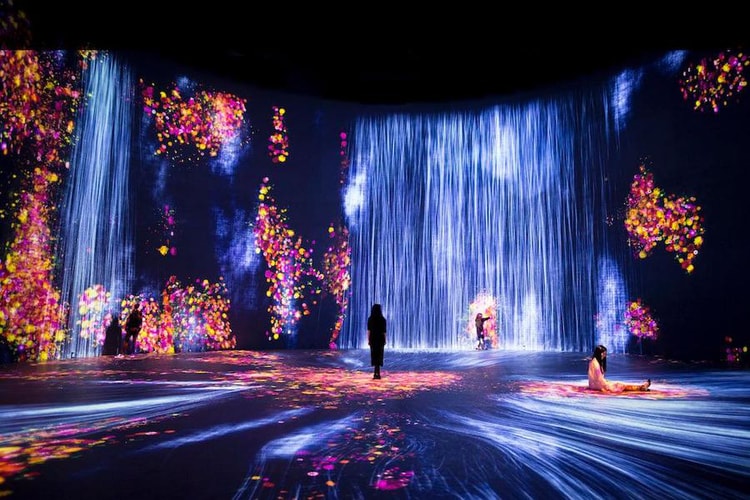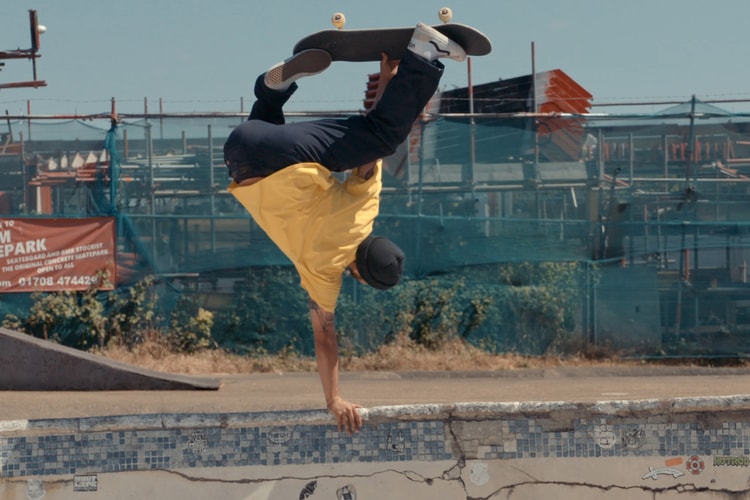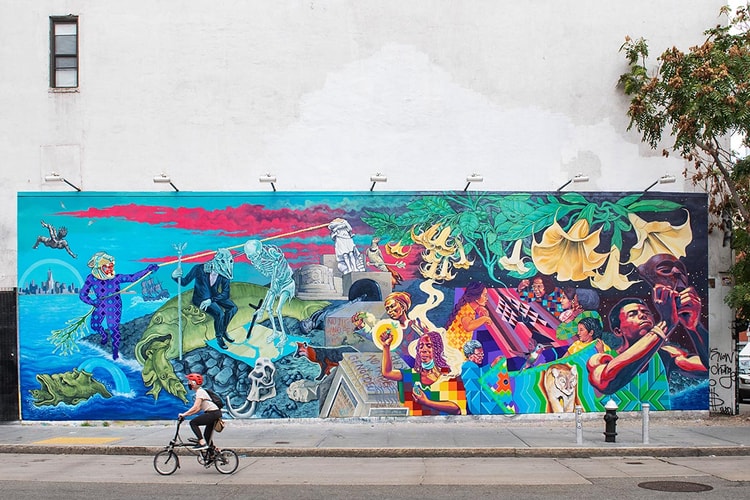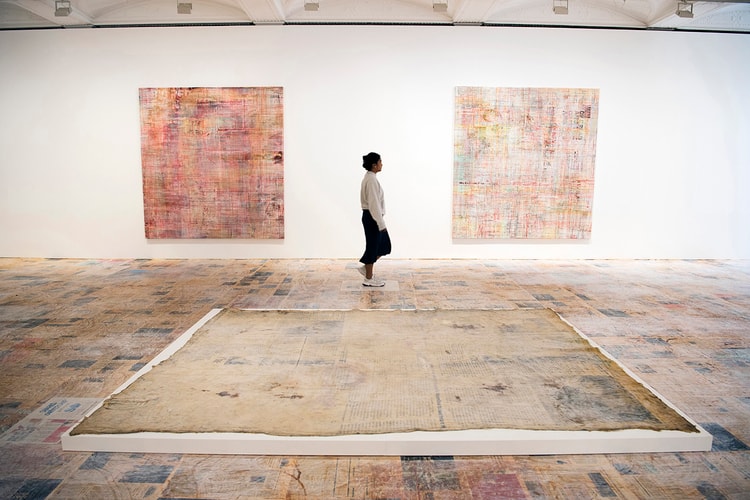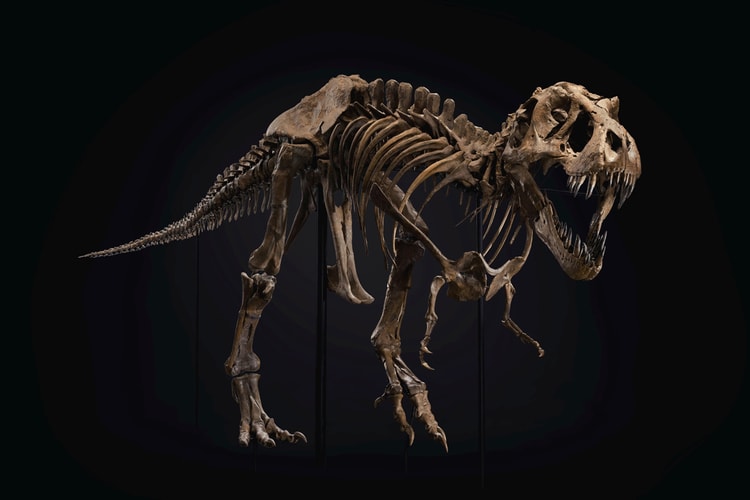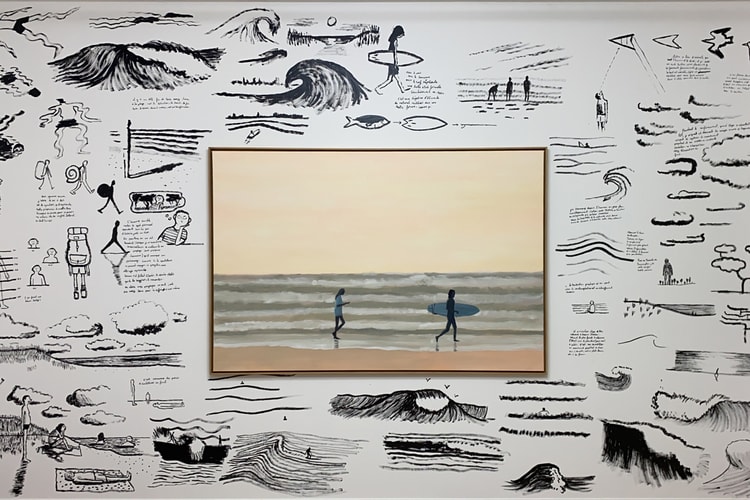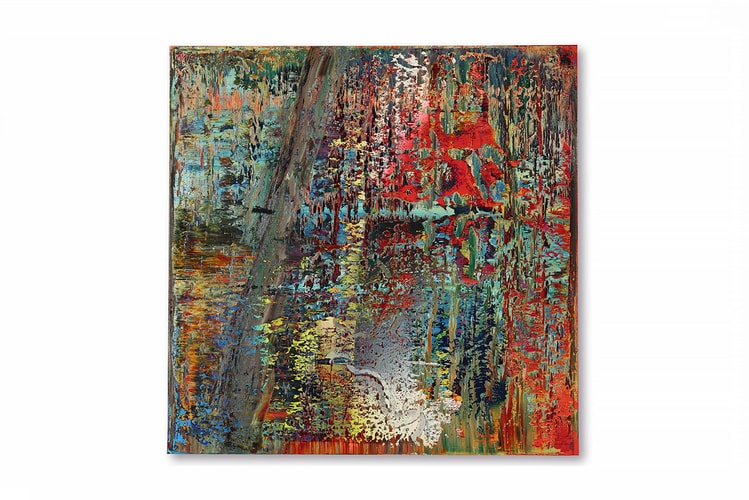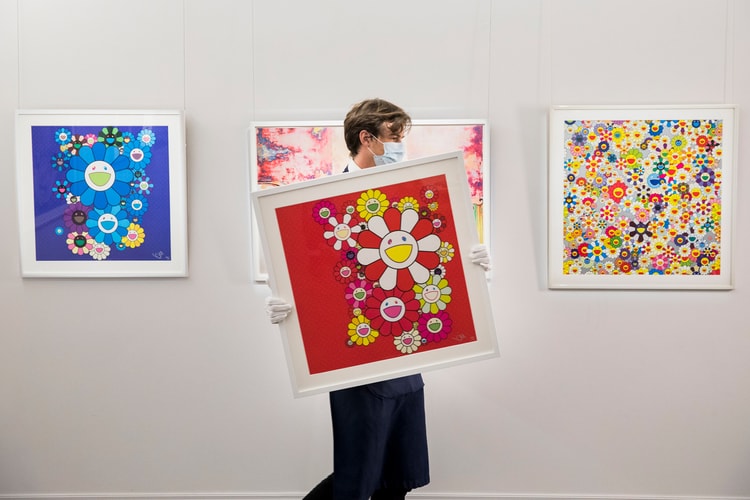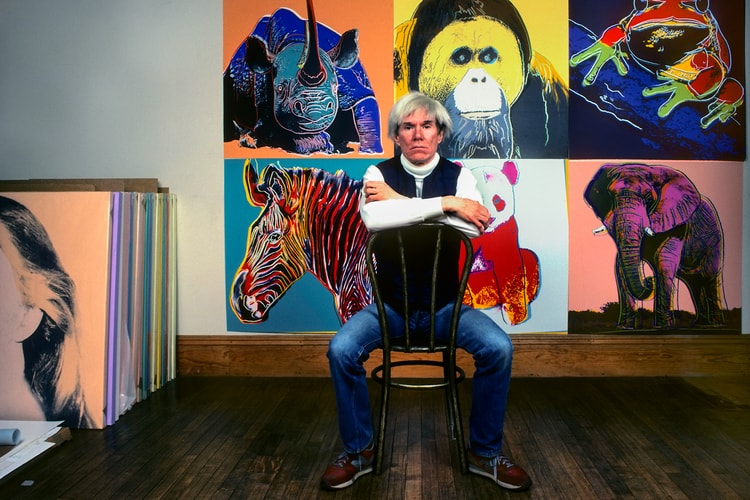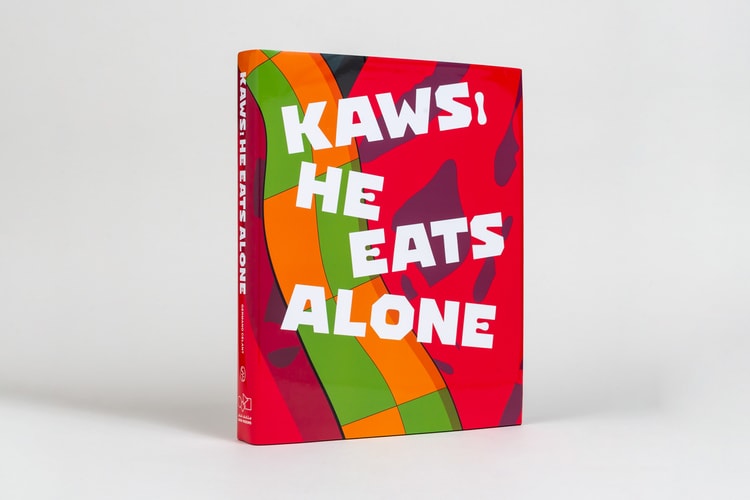5Pointz Artists Receive $6.8 Million USD After Supreme Court Rejects Developers' Petition
“Sometimes the little guy is actually Goliath. Huge win for street art.”
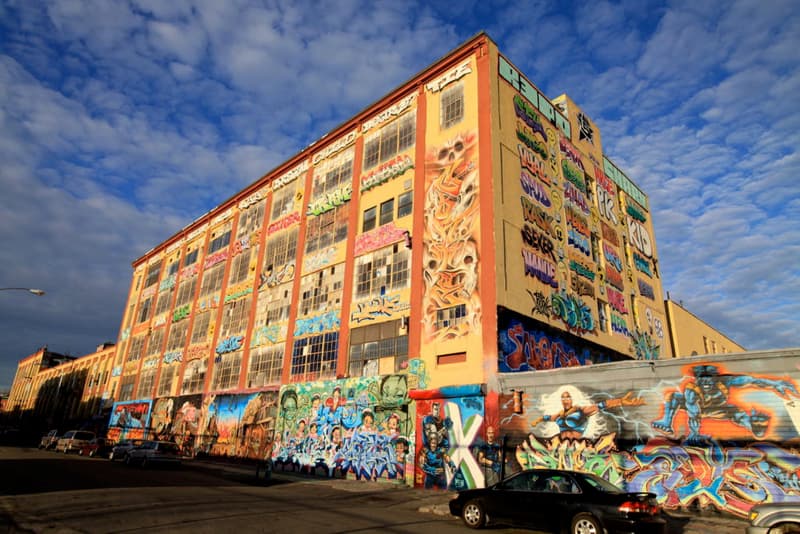
This past Monday, the U.S. Supreme Court denied the petition to rehear a case brought forth by G&M Realty — the real estate development company who tore down the iconic, graffiti-covered 5Pointz warehouse in Long Island City, Queens in New York. G&M requested to reverse a $6.8 million USD damages award that the U.S. District Court for the Eastern District of New York entered in favor of 21 graffiti artists back in February this year. The high court’s rejection means that the monetary damages will officially stand.
The case goes back to 2002 when developers Gerald Wolkoff and David Wolkoff came to an agreement with local graffiti artists permitting them to use their 5Pointz warehouse as an exhibition space for street art. Numerous artists painted the buildings’ exterior and interior walls since then and the site became a popular tourist attraction with New York City locals calling it “The Mecca of Graffiti.” However, after the Wolkoffs decided to whitewash the building and tear it down in 2013, the artists sued under the Visual Artists Rights Act (VARA) — a 1990 federal copyright law that grants artists particular “moral rights” giving them a degree of control over their work even if it is owned by someone else. The Wolkoffs immediately violated a court order by proceeding to paint over all of the artwork.
A federal district judge in 2018 ruled that, under VARA, modifications of works that are considered to be of “recognized stature” are prohibited, and such modifications require at least a 90-day notice to the original creators behind the artworks. The judge ordered the Wolkoffs to pay $150,000 USD for each of the 36 destroyed graffiti murals, totaling $6.8 million USD.
Since February, artists, especially those who have been following this case, feared that if the Supreme Court accepts G&M Realty’s appeal to revisit VARA, the court’s decision could greatly impact the creative limitations of artists and those looking to invoke VARA in future court cases.
Donyale Reavis, an intellectual property attorney and adjunct professor at Penn Law School, said the Supreme Court’s denial of certification was a huge victory for artists on Twitter. “Sometimes the little guy is actually Goliath. Huge win for street art. Huge win for hip-hop. 45 artists will receive $150K/each due to developers willful whitewash,” she tweeted. “One step closer to athletes and artists who design their tattoos to use VAWA to get that video game.”
Elsewhere in art, a new enterprise called Superblue is launching immersive installations by teamLab, James Turrell and Es Devlin in Miami this December.





